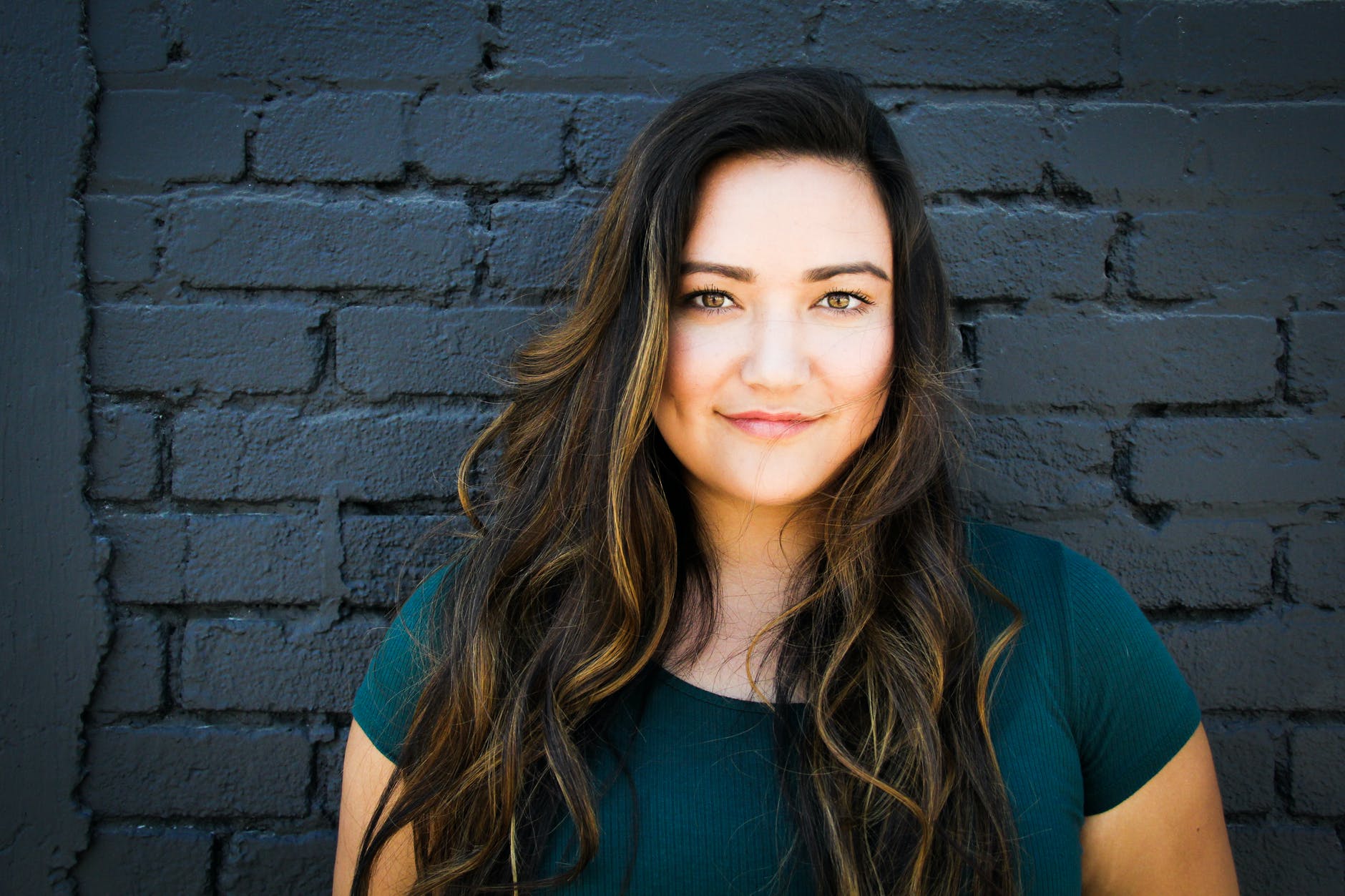You’re considering freezing your eggs. You’re not alone, that’s for sure. It’s been growing in popularity. Perhaps you’re unsure when or if you want to have a child. Or, you’re unsure if you’ll meet the right partner in time to try with your biology. Or for a health issue such as before a endometriosis surgery or with early menopause in the family. Or you just you want to preserve your chances of having the choice of having a baby with your biology. It’s an option to explore if it’s right for you.
What is egg freezing? Egg freezing is going through a process that takes a few weeks and involves medication that you take orally and through injections, to finally have a procedure to remove the eggs in that cycle, to then freeze them for the future (potentially) by fertilizing them with sperm to create embryos and then transfer the embryo(s) into your/partner’s/gestational carrier’s/intended parent’s uterus. That final step is what we call in vitro fertilization or IVF. It’s done through a licensed medical physician, usually a Reproductive Endocrinologist or Obstetrician, at a clinic or hospital.
Why do it? I mentioned this above. It might be a long decision making process. Fertility is not a decision we make in isolation. We have other life goals like a career and finances, travel and health, and perhaps other family needs. Of course the potential for a partner is another. Freezing your eggs may stop your biological clock (sort of), and take the pressure off while you juggle all these other life goals.
I can’t fully speak from experience in egg freezing, but I can speak from my professional experience, from witnessing friends go through this, supporting my clients’ who have gone through this, and from my personal experience harvesting my eggs and having an IVF baby. Below I’ve listed general considerations. Depending on where you live and what your doctor says they might differ. I imagine it all seems daunting but take it slowly and please reach out to me if you have questions. I’m here.
Considerations for if or when to freeze your eggs
The earlier you do it the better more or less. Like I said above, fertility is about other aspects of your life and not just a stand-alone decision. You’re not making the decision in a vacuum, you’re in this current reality. But the younger you are when you freeze your eggs, the better your chances are that will turn into a live birth than if you wait. Egg freezing around age 30 is ideal, but plenty of success stories exist with anyone over 35, 37 or 40 or older.
It won’t reduce your fertility. It’s not taking eggs away that you would have kept. You’re harvesting eggs that you would have lost that month anyway. The idea that egg freezing takes all of your eggs or reduces your future chances is based on a myth. You will likely go on to try with other methods with your own eggs before using frozen eggs in many cases and egg freezing won’t affect your chances unless you had a very, very rare complication. Also, unless you are nearing the end of your egg reserve then you should still have chances to use your eggs that weren’t harvested in the egg freezing process. Talk to your doctor.
It costs money (or maybe your insurance covers it). If you don’t have insurance or public funds covering egg freezing and you don’t have this decision because of a cancer diagnosis, then it isn’t cheap (if it is related to a cancer diagnosis then in Canada check out Fertile Futures and in the US The Chick Mission although it still might be costly, I don’t mean to minimize that experience). It’s thousands of dollars for the procedure plus medication is often expensive. Unless it’s built into the price, you might be paying annual storage fees until you thaw them. Some people opt to do it abroad or take other steps to save costs.
If you fertilize your eggs, you’ll need to do ICSI. This might make you do a double-take because, ‘What is ICSI?’ It’s a choice in IVF when you’re fertilizing the eggs with sperm. There is standard IVF where the egg and sperm meet more similar to an unassisted or ‘natural’ conception and then with Intracytoplasmic sperm injection (ICSI) sperm is chosen and sort of injected into the egg. This comes with added financial costs, but it might be included in the price of your egg freezing. You might be against ICSI for personal reasons, so good to know this.
There is no known expiry date for frozen eggs. There’s still more research needed but so far, most people who freeze their eggs do not end up going back to use them. The concern of when to use them isn’t an issue from the data we do have.
Discomfort is part of it. The process of an egg freezing cycle includes a lot of poking and prodding around your ovaries. It’s not pleasant and there are risks and the most common one is OHSS but some clinics minimize this regularly and offer anesthesia for the egg retrieval. It does involve a number of blood draws, vaginal ultrasounds, and daily injections for about 8 to 12 days. It’s not a walk in the park, but it’s also relatively short and there are lots of tools to manage, including support from a certified fertility coach.
It can give peace of mind. Egg freezing, assuming you get a decent number of eggs, can take the pressure off to meet Mr. Right or Ms. Right at the (more?) ideal time. This is the reason most people choose to do this.
It provides meaningful information about your fertility you wouldn’t be able to get otherwise. You’ll learn your estimated egg reserve and quality for one. There are tests you can do to check on it but there’s no replacing extracting the eggs to find out how many mature ones you get and how they look until they’re removed. You will get a sense of your likelihood of conceiving in the future too if you do eventually try to get pregnant unassisted (if you have the body parts) or with a less invasive procedure like intrauterine insemination (IUI). You will also learn about your body in other ways.
It might be empowering to do this. You might see this as taking charge of your fertility and making your dream of a family one day more likely to be a reality. Maybe it will make you feel like a responsible badd@ss to do this.
Freezing eggs isn’t the same as freezing embryos. You hear about IVF but that’s not the same as freezing your eggs, that’s about attempting to create embryos. Extracting eggs is often the first part of IVF. I say this because it might have impacted your idea of this and what you’ve heard in terms of success rates. Embryos freeze better than eggs, although eggs freeze and thaw much better than they used to. You’re likely to lose about 10% of your frozen eggs in the thaw, unfortunately. Talk to your clinic about the chances in their lab. Also, if you’re close to making the decision whether to try to be a single parent by choice or you know you’ll need donor sperm eventually (if you’re LGBQT+, medical reasons etc.) then it is a much greater chance of success creating and freezing embryos than freezing your eggs. Again, so many factors are at play.
You might be a single parent by choice one day. If you’re close to contemplating being a single mom by choice like I said above, then freezing embryos is better than freezing eggs, so then it might be worth reflection whether to decide sooner than later and freeze embryos instead.

Using your eggs to make embryos means another medical process and usually taking medication. If you attempt to fertilize your eggs, like I mention above, and try to create embryos with the hopes of making a baby, then you’ll be doing a frozen embryo transfer (FET). Chances are you’ll do a medicated FET, you will be on estrogen and progesterone oral and/vaginal suppositories and/or injections for a few weeks before and about 8 to 12 weeks after transfer if you have a pregnancy that sticks. This isn’t meant to discourage you, just so that you’re informed that this route is medical but could lead to your dreams coming true.
There’s no guarantee with IVF. Most people don’t end up using their frozen eggs and when they do there’s no guarantee that it will result in a live birth. Here’s a great published article in a peer reviewed journal if you want to get into the background and stats.
Work is affected temporarily. A cycle with an egg retrieval will impact your physical health and you will need time off of work. You can’t know for sure which days you’ll need off ahead of time for egg retrieval. Some people need a few days off and in some cases a couple of weeks off. Your doctor should be ale to give you a note but it might make a bigger difference depending on the type of work you do, how new it is, how physical it is etc for when to do this. With that, you’ll want to decide if you tell your employer or boss that you’re having a medical procedure done and that you won’t have a set day ahead of time to take the days off.
Who should you tell that you’re considering this. It’s a decision to make. A lot of people consider this a very private matter and you have every right to keep it as private as you’d wish. You won’t hear any judgement from me.
Having a supportive person or people in your life you can share this with. Connected to the consideration above, you’ll need someone or a few people to support you if you go ahead with this. I say this anecdotally, not based on research. Perhaps you’ll want someone to help with doing the injections, be there for emotional support (or you can call me), and be there if you have any medium to severe symptoms of OHSS, and take you home from egg retrieval.
The medication might make you hormonal for a while. Some are worse than others but it happens. It might affect you from day one, or never at all. It can vary from person to person and specific medication and depending on the specific protocol you’re on. I felt the medication on day 1 both times. Others feel normal throughout or just a full or bloated feeling.
You might want to do more than one egg retrieval. Depending on how many eggs are retrieved and depending on your egg reserve and your age, this might be something you decide to do again. Is that a surprise to you? It is to a lot of people. On average you have about an 80% chance if you have 20 eggs and you’re under 35. Check out this page to get some more information about freezing and the recommended number of eggs to harvest suited based on your age. You’ll want to talk to your doctor about your specific case for an accurate prediction.
Your cycle might be cancelled and you have to try again. This might be a surprise too. Everybody is different in how they respond to different medication protocols and it happens where you under-respond or over-respond and it’s either not medically safe or not worth it to proceed. Then you usually have a protocol change and try again with that new knowledge.
You might be advised not to do any high impact exercise for about 1 to 3 weeks. Your ovaries risk contorting so your doctor will probably tell you not to do anything other than walking when you get close to your egg retrieval and right after. You probably won’t feel like it anyway. Some people feel like they don’t want to move much starting from the beginning while others can carry on with normal to low impact activity for most of the cycle.
Choosing the clinic to get this procedure done at matters. Deciding which doctor and clinic are big decisions and if you’re not near a reputable clinic or for other reasons then there’s a lot of planning involved to travel and take time off work and spend money on accommodation. Or, you could do it as part of a vacation and freeze your eggs abroad or in a city you’ve been wanting to visit. Perhaps visiting friends who would be supportive through this? There may be options to do some of the appointments leading up to the egg retrieval closer to home and then come in to the main clinic or hospital for egg retrieval. There are options if you have the finances. Choosing a clinic that specializes in egg freezing and storage is better than a clinic that just does embryo storage. If you’re a good planner and love Excel, you might adore this part of the process.

Don’t be afraid to ask for a 2nd or third opinion. There are options for protocols. Your doctor will give you their opinion but talk to different clinics and doctors if you’d like. There might be deals to save money on your egg freezing or storage.
The eggs belong to you and they are your legal property. Check the laws in the country or state you do this in of course. Most labs can’t do anything with your eggs without your written consent. If you’re unsure, speak with a fertility lawyer. Related, and we’re getting very thorough and detail oriented here, but if you want anything to happen to your eggs if you die before they’re used then you should write it into your will and talk to your clinic and lawyer about your wishes for them.
It won’t make you go into early menopause. Contrary to some misinformation about this, there is no evidence that egg retrieval will force you into early menopause.
Get to know the process. I’m here if you have questions.



